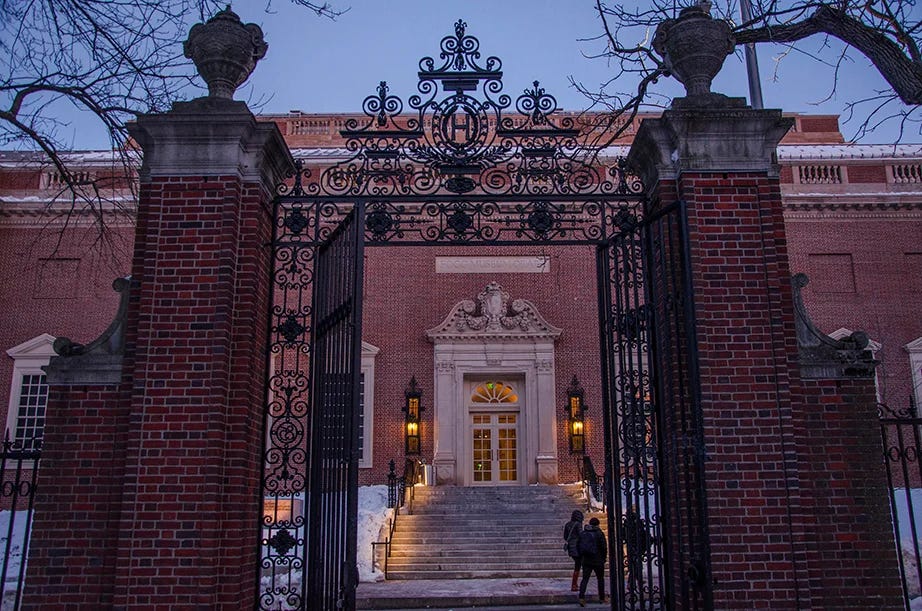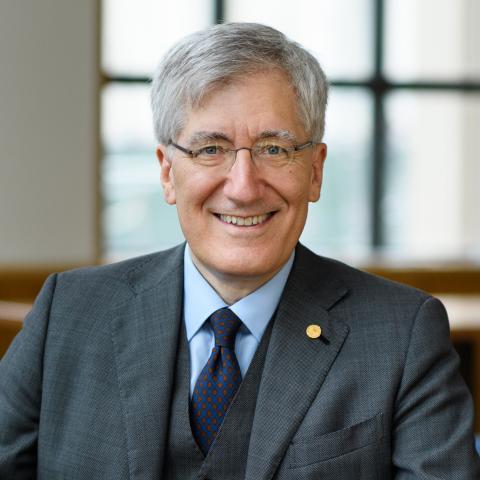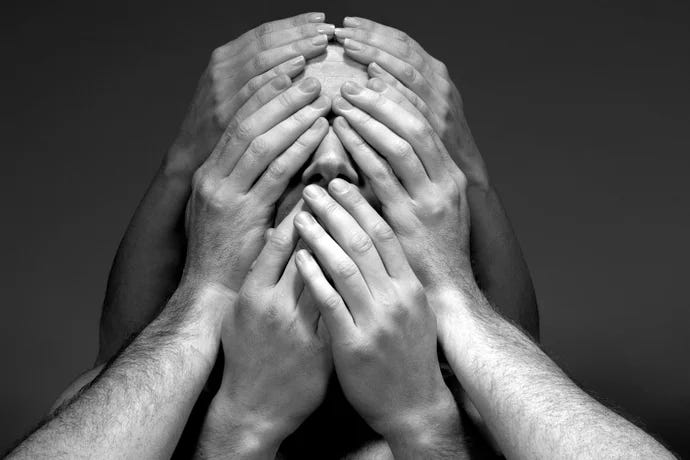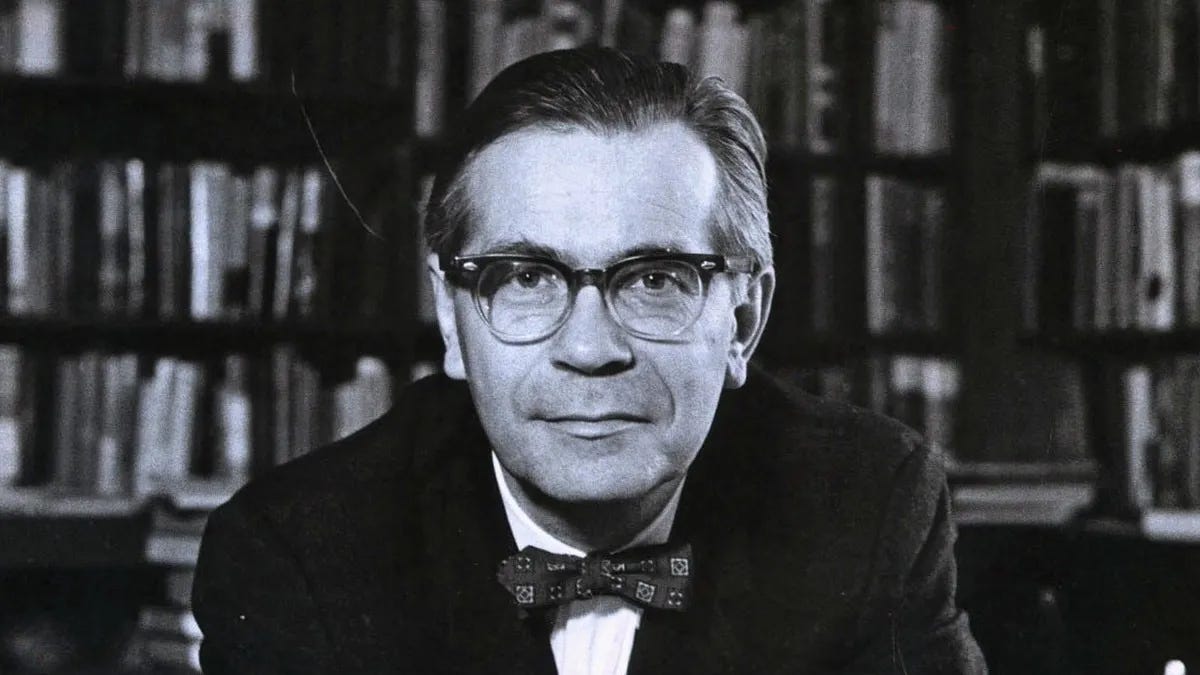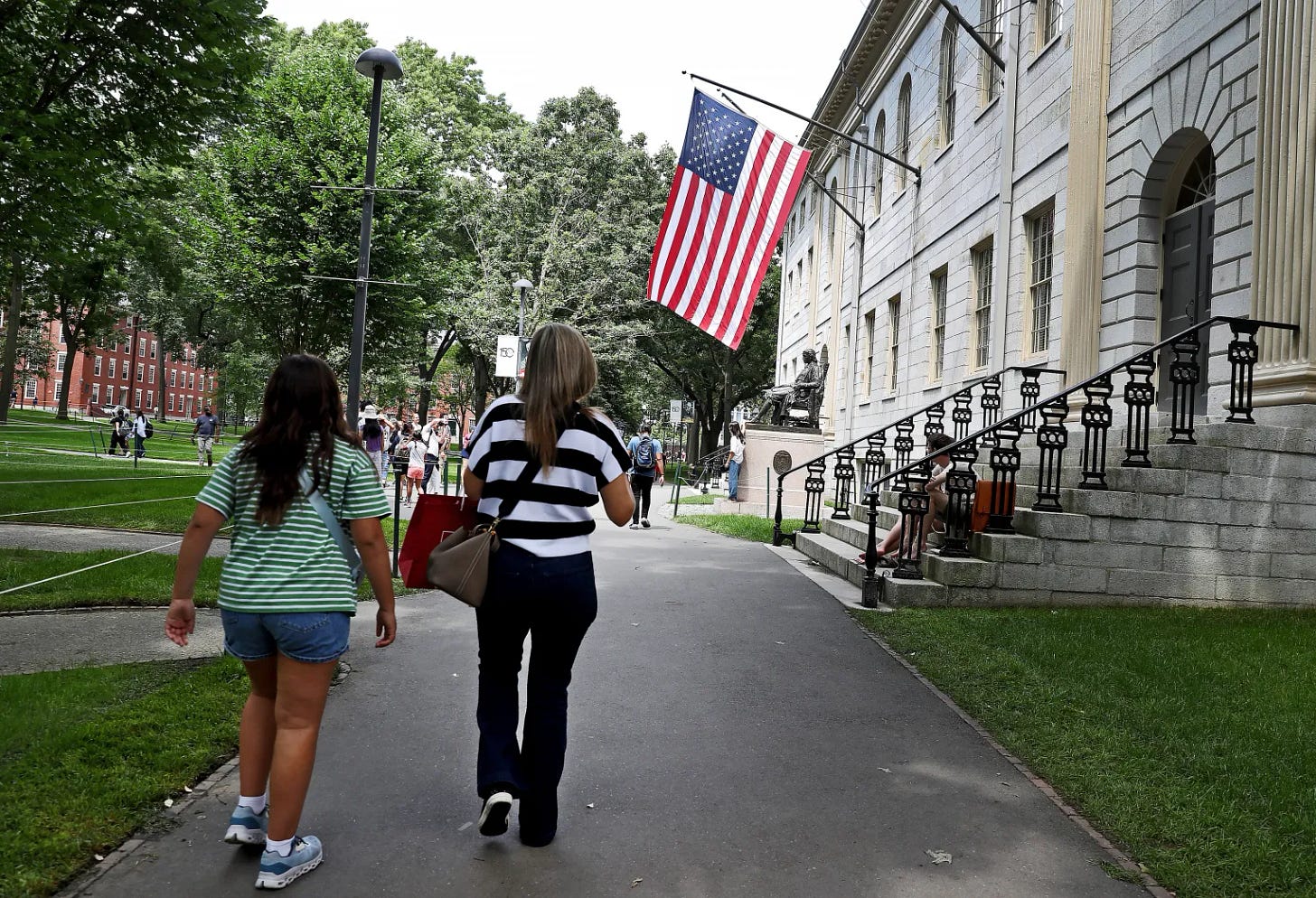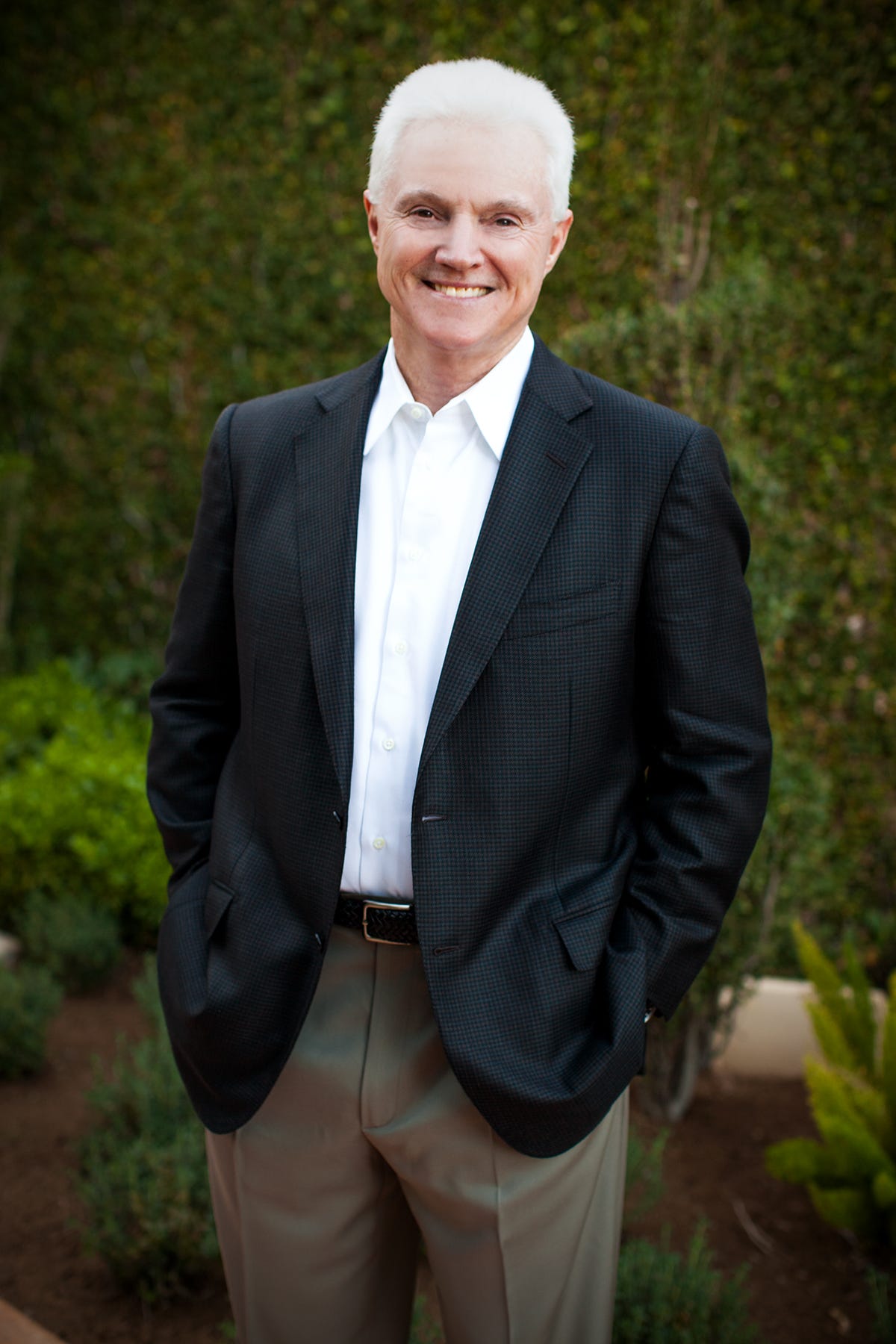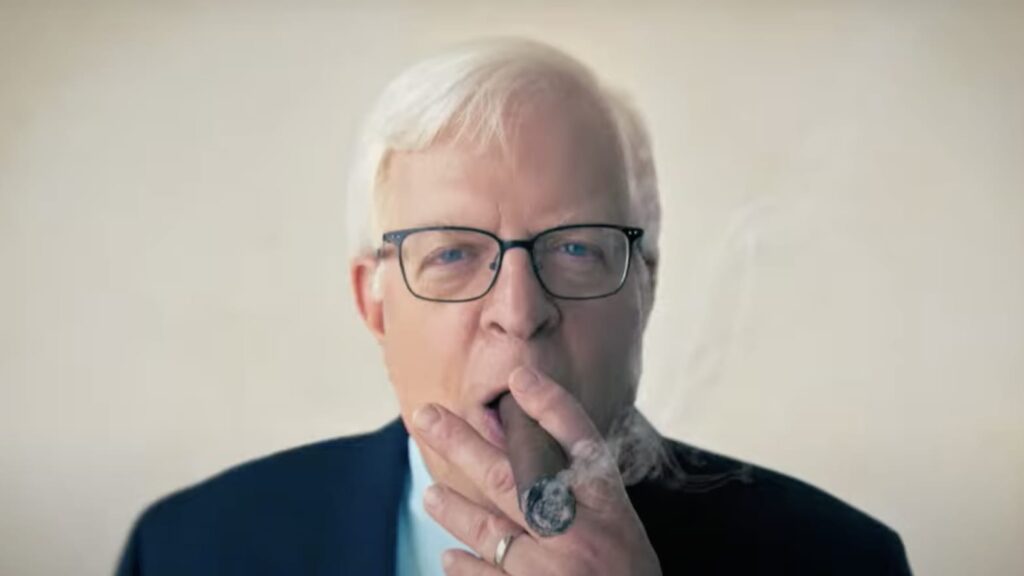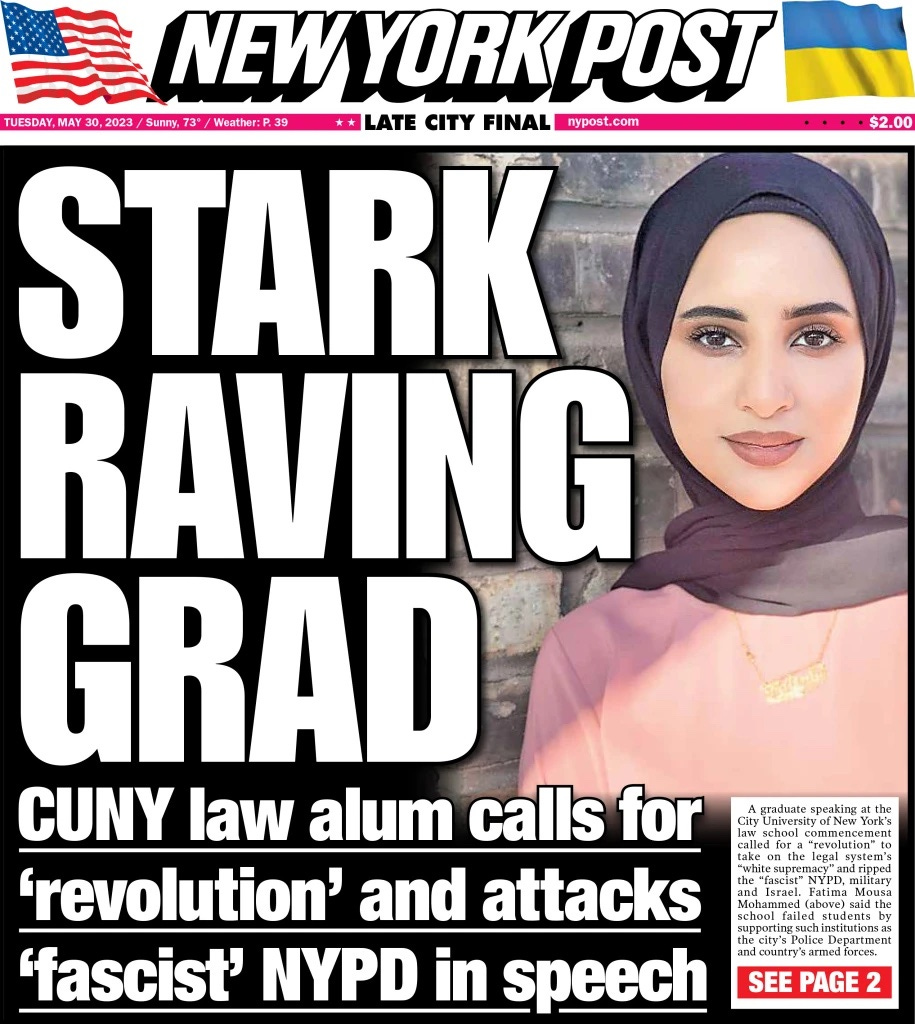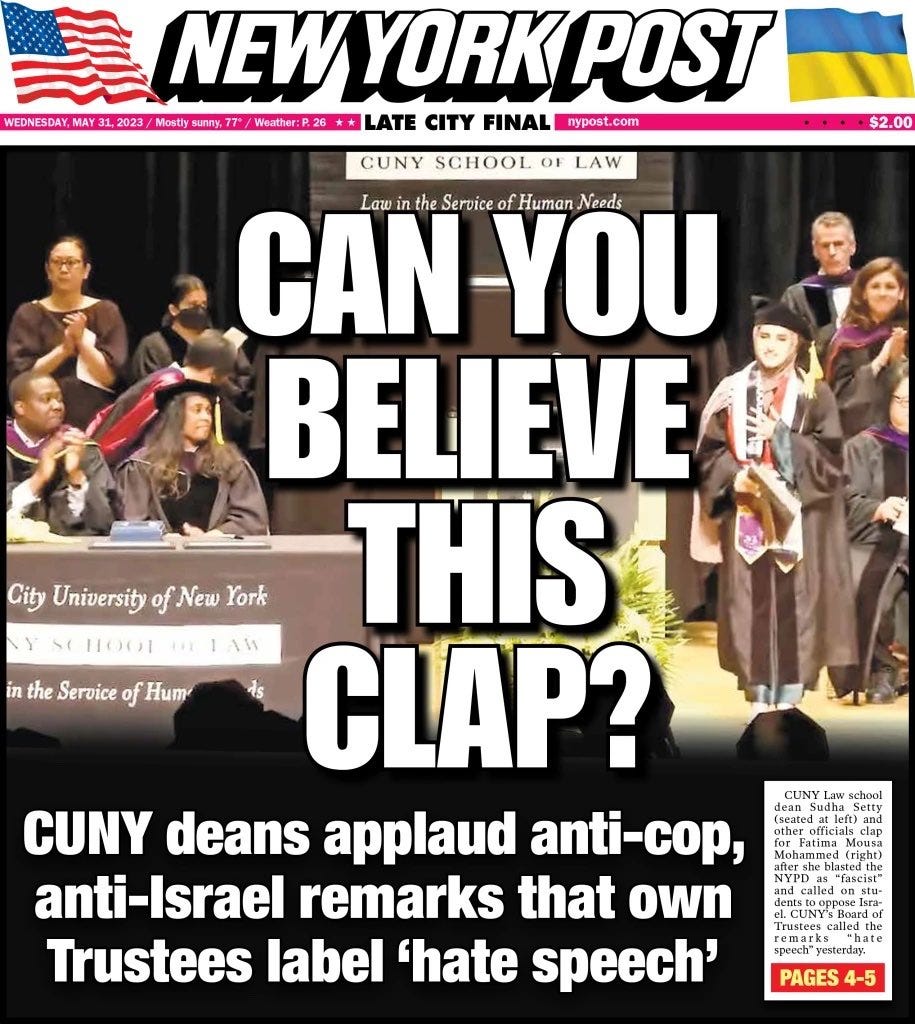An exploration of the limits of free speech
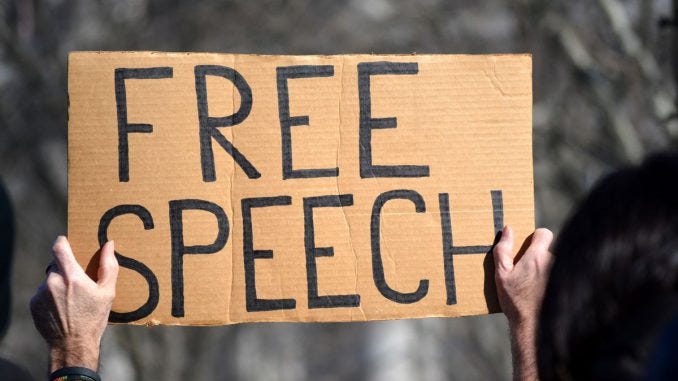
One my favorite legalistic maxims goes like this: my right to swing my fist ends where your nose begins. The idea, of course, is that we all have a marvelous amount of freedom in the U.S. – much more than in many other countries — but we also must live amongst others. And that “living amongst” part means our individual freedoms go only so far; they are not unlimited.
In physical terms, the limits are easy to define. Along with not having the unfettered ability to toss our hands about, we can’t drive the wrong way down a one-way street. We can’t run naked through our neighborhood, no matter how entertaining that might be for some folks. No matter how much we like the Stones, we can’t blast loud music at all hours in most communities. And we can’t, of course, shout fire in a crowded theater.
But when the subject is intellectual freedom, what are the boundaries? When does one’s ability to argue, to question or to demonstrate cross a line into harassment or intimidation? And what ideas or values are simply beyond the pale, too extreme to tolerate even on a college campus dedicated to academic freedom? When do noxious notions become the equivalent of shouting fire?
Since the atrocities of October 7th in Israel, we have heard much shouting, particularly by pro-Palestinian groups at campuses nationwide. We have also seen efforts to suppress or to contain such outpourings, in part because administrators fear violating Title VI of the Civil Rights Act of 1964, which requires schools to provide all students an environment free from discrimination based on race, color, national origin or shared ancestry.
The noise has grown since the federal Department of Education on Nov. 7 issued a letter reminding schools of their obligations under the law. The DOE has also launched a bevy of investigations, including into a slew of K-12 districts around the country and at least 44 universities and colleges for alleged violations of that law. The allegations include incidents of antisemitism and Islamophobia, often as a result of demonstrations that make Jews or Arabs feel threatened.
Indeed, at Harvard dueling investigations have been spurred by students or alumni who feel aggrieved. The DOE on Feb. 6 announced an investigation into whether the university failed to protect Palestinian, Arab and Muslim students and their supporters from harassment, threats and intimidation. This came on the heels of probe announced in November alleging that the school failed to respond to antisemitism on campus.
The Muslim Legal Fund of America filed the complaint that generated the early February inquest on behalf of more than a dozen anonymous students. A lawyer for the group told The Harvard Crimson that the students complained of “negative treatment by both the administration and Harvard officials as well as fellow students on campus.” The most common complaint was that students were verbally abused for wearing a keffiyeh, a scarf that has become a symbol of advocacy for Palestinians.
“When they simply walk around campus wearing the keffiyeh, they have been verbally attacked, they have had things thrown at them,” the lawyer said. “They have had students and others accuse them of being terrorists for what they’re wearing.”
On the flip side, the department’s investigation begun in the fall followed a complaint by several alumni that Harvard failed to protect students from antisemitism. And separately, a group of students at the school sued on Jan. 30 in federal court, alleging that Harvard “has become a bastion of rampant anti-Jewish hatred and harassment.”
As the lawsuit describes it, Harvard seems like a hellish place.
“Mobs of pro-Hamas students and faculty have marched by the hundreds through Harvard’s campus, shouting vile antisemitic slogans and calling for death to Jews and Israel,” the suit says. “Those mobs have occupied buildings, classrooms, libraries, student lounges, plazas, and study halls, often for days or weeks at a time, promoting violence against Jews and harassing and assaulting them on campus. Jewish students have been attacked on social media, and Harvard faculty members have promulgated antisemitism in their courses and dismissed and intimidated students who object.”
While the lawsuit maintains that Harvard refused to “lift a finger to stop and deter this outrageous antisemitic conduct and penalize the students and faculty who perpetrate it,” in fact Harvard has created two presidential task forces to combat Islamophobia and antisemitism on campus. In a wrinkle curious because of its academic freedom overtones, one task force is co-chaired by Derek J. Penslar, who heads the school’s Center for Jewish Studies and who became a lightning rod for critics who damn him as too critical of Israel. Ironically, Penslar’s book “Zionism: An Emotional State,” was named a finalist for the 2023 National Jewish Book Award by the Jewish Book Council, and he was widely defended by scholars and rabbis.
Setting up task forces to develop policies to curb Islamophobia and antisemitism has become a common first step at several campuses. But some schools have also taken aggressive action — action that troubles free-speech advocates.
As reported by Inside Higher Ed, MIT, Stanford and Brown, for instance, have all cracked down on pro-Palestinian actions that they said flouted university rules. MIT, along with several other schools, recently suspended student groups for failing to follow rules about protests and Stanford quashed a 120-day sit-in on a campus plaza by first threatening disciplinary action and then by agreeing to talk over the student concerns. At Brown, 19 students taking part in a weeklong hunger strike for Palestine claimed that university officials removed “memorial flags” and washed away chalk messages at recent gatherings as they urged the university to divest its endowment from arms manufacturers.
The question this raises is: just what is acceptable speech and action on campuses? Where does one draw the line?
The Foundation for Individual Rights and Expression takes a maximalist view: “The mere expression of an opinion — however repugnant — is always protected. The authority to regulate ‘hate speech’ — an inherently vague and subjective label — is a gift to those who want an excuse to stamp out views they personally detest. FIRE knows from its long history defending free speech on campus how often both sides of the Israeli-Palestinian debate face censorship under this rationale. The target simply depends on who holds power at a given time and place.”
But when does free expression slip into harassment and intimidation? Some cases seem clear. For instance, at the University of Denver, religious items affixed to student doorposts – mezuzahs – were recently torn down from couple dorm rooms and one was defaced. Those are incidents of vandalism, not matters of acceptable expression, and the school administration deplored them. At one dorm there, moreover, pork, which observant Jews shun, was left at a student’s door – a clear case of harassment, it would seem.
Is that the same, however, as people marching and carrying banners that decry the deaths of members of various groups, whether Jews or Palestinians? Should it be illegal to stand up for one’s group, even loudly? And if those marches make members of one group or another feel threatened, should such feelings be the test? Is the freedom to speak one’s mind in an academic setting a value to be protected, regardless of whether it discomfits some students?
Surely, some expression can go over the line. For instance, would any responsible university tolerate students marching with Nazi banners? Indeed, would any tolerate marches with explicitly pro-Hamas or pro-ISIS imagery? The advocates for Palestinians seem mostly to avoid such sentiments as they instead protest “genocide” or call for ceasefires or an end to the killing in the Israel-Hamas war. Sadly, they often seem ignorant, though, about how phrases such as “from the river to the sea, Palestine will be free” are calls for the eradication of Israel.
As Ari Berman, president of Yeshiva University, contended in a recent U.S. News and World Report commentary, “Students can and should debate important matters like the Israeli-Palestinian conflict and the ethics of war in civilian areas.” Disagreeing, protesting and robustly exchanging ideas are appropriate, he suggested.
Still, as Rabbi Dr. Berman also noted, it would be useful to have “moral clarity” about the war on the agenda at campuses all across the U.S. Making his point, he argued that those who protest for a “free Gaza” should also want it free of Hamas. “In fact, being clear about this distinction could actually help calm campus waters and enable more productive conversations,” he maintained.
Certainly, defenders of Israel will agree that the nation has the right to quash a terrorist group whose barbarism is on par with that of ISIS or other similar groups. Indeed, that may be where well-informed faculty need to step up and educate those who are doing much of the shouting.
Of course, such schooling won’t end disagreements. If education could “calm campus waters” such that civil discussion can replace shouting, we’d all be better off. Sadly, however, at a time when many are dying, emotions are understandably running hot. And that makes free speech difficult.
“People are unrealistic when they say, ‘We want free speech, we want debate, we want difficult conversations,’” legal scholar Randall Kennedy recently told The New York Times. “But then we want all smiles.”
Indeed, the arguments over free speech are slipping into debates over academic freedom, which has come under threat from conservative politicians such as Florida Gov. Ron DeSantis. As the Times noted, DeSantis “has led the passage of laws that restrict what can be taught and spearheaded efforts to reshape whole institutions.”
As the newspaper reported, the Israel-Hamas War has upended longstanding campus arguments over whether conservative voices and ideas were being suppressed. Now, it seems, liberal defenders of Palestinians are making the case that they are being muzzled.
“Some ask why, after years of restricting speech that makes some members of certain minority groups feel ‘unsafe,’ administrators are suddenly defending the right to speech that some Jewish students find threatening,” the paper wrote. “Others accuse longtime opponents of diversity, equity and inclusion efforts of cynically weaponizing those principles to suppress pro-Palestinian views.”
Still, academic freedom, too, must have limits. Such freedom, some note, depends on expertise and judgment – and is not just the right to say whatever one wants. As legal scholar Robert C. Post put it, free academic inquiry depends on the notion that “there are true ideas and false ideas,” and that it is the job of scholars to distinguish them.
The protests and, perhaps, the counterprotests will continue. Arguments over Islamophobia and antisemitism will rage, too, perhaps to be clarified by lawsuits and policies that various task forces can develop. One hopes that amid all the noise, education about truth and falsity can emerge.

